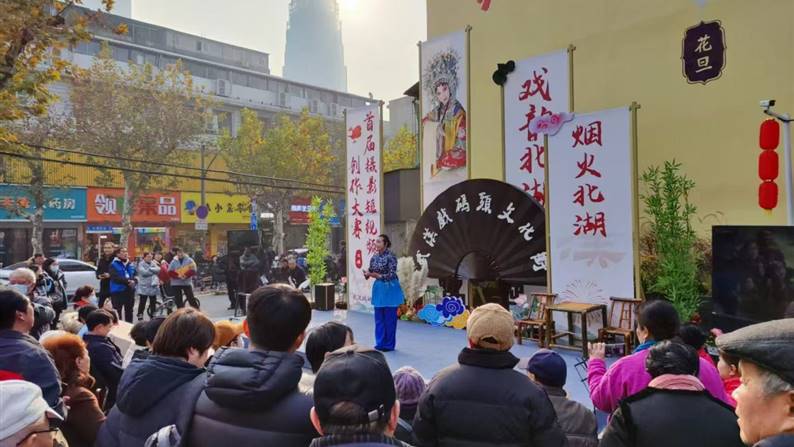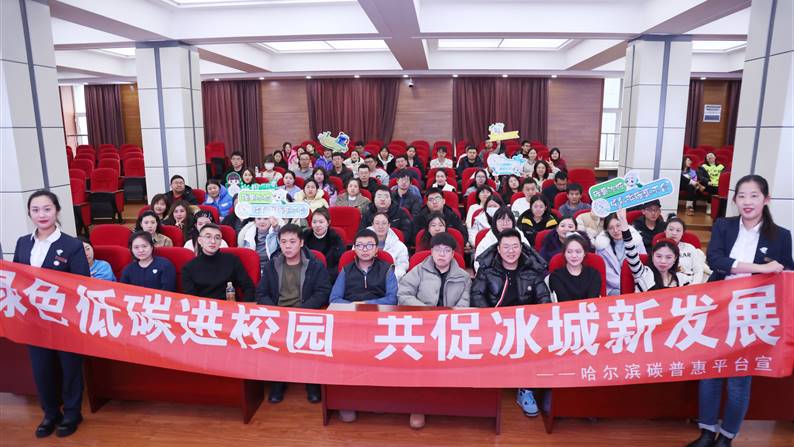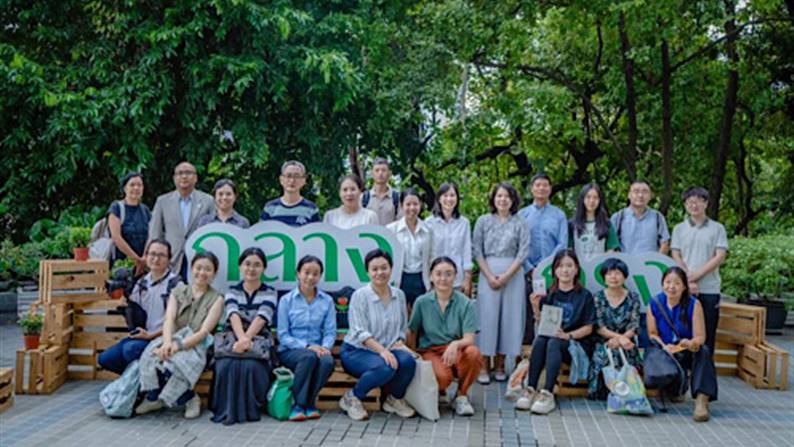

Tencent’s near-term science-based corporate greenhouse gas (GHG) emissions reduction targets have been approved by the Science Based Targets initiative (SBTi), a global authority that helps companies define and promote best practices in reducing emissions and setting targets in line with climate science.
With climate change a pressing reality that requires action on all fronts, Tencent announced its carbon neutrality plan in January 2021, followed by its targets and roadmap in February 2022 where the company pledged to become carbon neutral across its own operations and supply chain by no later than 2030. It also said 100 percent of the energy it uses would be from renewable resources by then.
The SBTi validation covers Tencent’s absolute GHG emissions reduction targets that cover the direct and indirect emissions in its own operations (Scope 1 and 2), as well as emissions from its supply chain (Scope 3). SBTi has affirmed that these targets are consistent with the 1.5°C pathway, the most primary goal set by the 2015 Paris Climate Change Agreement.
The setting of the absolute emissions reduction targets clarifies our decarbonization pathway. With 2021 as the base year, Tencent aims to achieve 70 percent reduction in absolute Scope 1 and 2 emissions, and a 30 percent reduction in absolute Scope 3 emissions by 2030.
We are committed to the low-carbon pledge. We reduce our carbon emmisions by improving energy efficiency, using renewable energy and other ways. In the meantime, we also explore and support the development of low-carbon technologies to help users, industries, and communities transition to a low-carbon future. These progressions are detailed in our annual ESG report.
The SBTi is a global body established to support businesses to set ambitious emissions reduction targets in line with the latest climate science. It is focused on accelerating companies across the world to halve emissions before 2030 and achieve net-zero emissions before 2050. The initiative is a collaboration between the Carbon Disclosure Project (CDP), the United Nations Global Compact, World Resources Institute (WRI) and the World Wide Fund for Nature (WWF) and one of the We Mean Business Coalition commitments.
腾讯基于科学的温室气体减排近期目标已通过科学碳目标倡议(SBTi)认证。SBTi是以气候科学为依据的全球减排权威机构,旨在帮助企业设定温室气体减排目标及推进减排最佳实践。
气候变化已成为紧迫的现实问题,亟需各界采取行动。因此腾讯自从2021年1月公布碳中和规划,并在2022年2月公布碳中和目标承诺,"不晚于2030年实现自身运营及供应链的全面碳中和,届时,腾讯使用的能源将100%来自可再生能源。"
而此次SBTi认证了腾讯的温室气体绝对量减排目标,涵盖了运营范围内直接和间接的排放(范围一、二),以及其供应链的排放(范围三)。SBTi确认这些目标与2015年《巴黎协定》设定的1.5摄氏度路径一致。
绝对排放量减排目标的设置,明确了我们的脱碳路径,具体目标为“以2021年为基准年,到2030年将范围一和范围二的绝对排放量减少70%,将范围三的绝对排放量减少30%。”
我们一直践行低碳的承诺,通过提升能源利用效率、使用可再生能源降低我们的碳排放,与此同时,我们还通过探索、支持低碳技术的发展,助力用户、产业和社会的低碳转型。这些进展在每年的ESG报告中详尽披露。
科学碳目标倡议是全球性的碳减排倡议组织,旨在支持企业根据最新的气候科学制定积极的减排目标,助力全球企业加速减排进程,从而在2030年之前将排放量减半、在2050年之前实现净零排放。该倡议由碳披露项目(CDP)、联合国全球契约组织(UNGC)、世界资源研究所(WRI)和世界自然基金会(WWF)联合发起,是全球商业气候联盟(We Mean Business Coalition)的承诺之一。
打造绿色低碳街区,奏响幸福美好生活最强音
10-18 · 来源:湖北省武汉市江汉区北湖街道环保社区 · 作者:湖北省武汉市江汉区北湖街道环保社区

“碳惠冰城”:东北首个市级平台的“双碳”实践与冰城示范
10-15 · 来源:哈尔滨产权交易所有限责任公司 · 作者:哈尔滨产权交易所有限责任公司

亚洲气候治理新篇章:中国公益代表团参访曼谷气候周,探索跨区域合作新路径
10-10 · 来源:公益时报 · 作者:公益时报